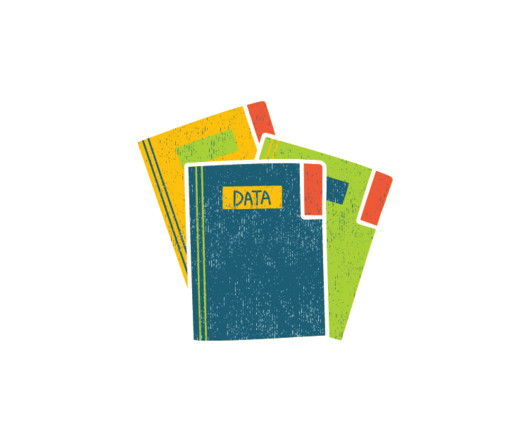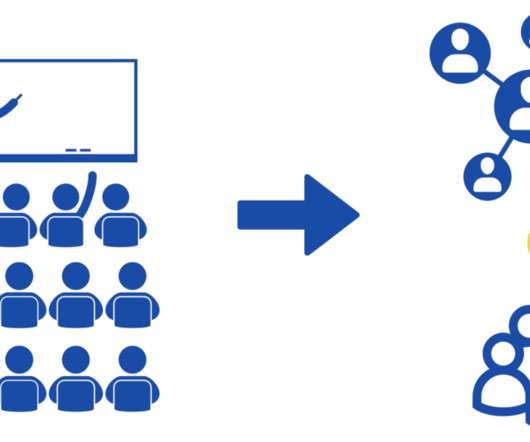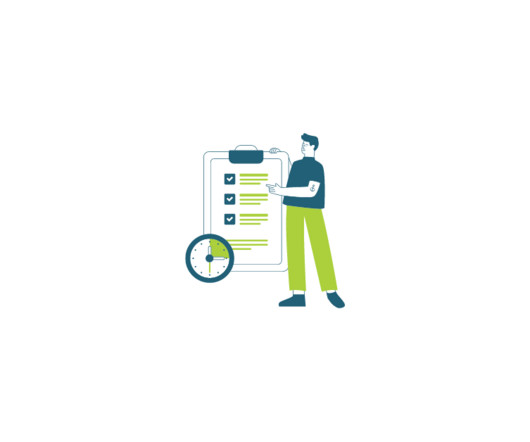Shift to Leveraging Formative Assessment for Metacognition
Catlin Tucker
MAY 20, 2023
How can formative assessment data help students to develop their metacognitive skills? These informal assessments provide information to the teacher about students’ understanding of the material being covered and the skills being introduced. It provides immediate and ongoing feedback to both the teacher and the student.
















Let's personalize your content